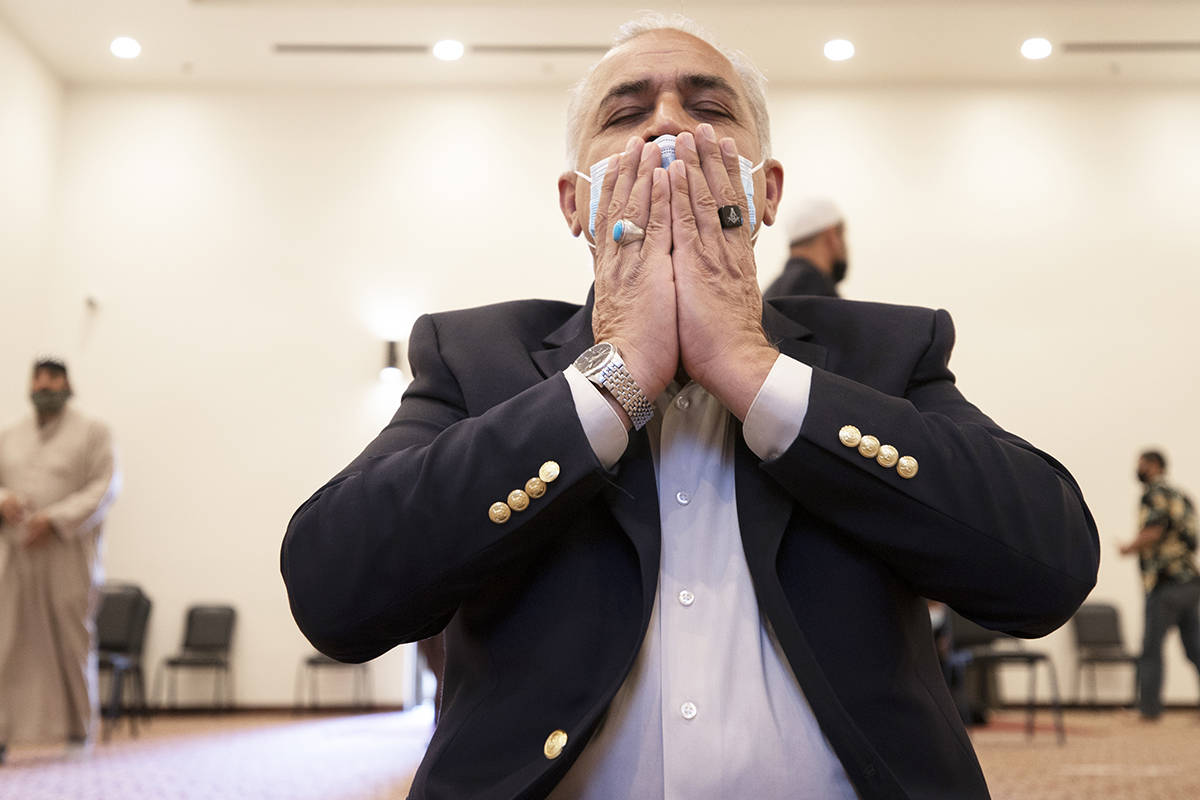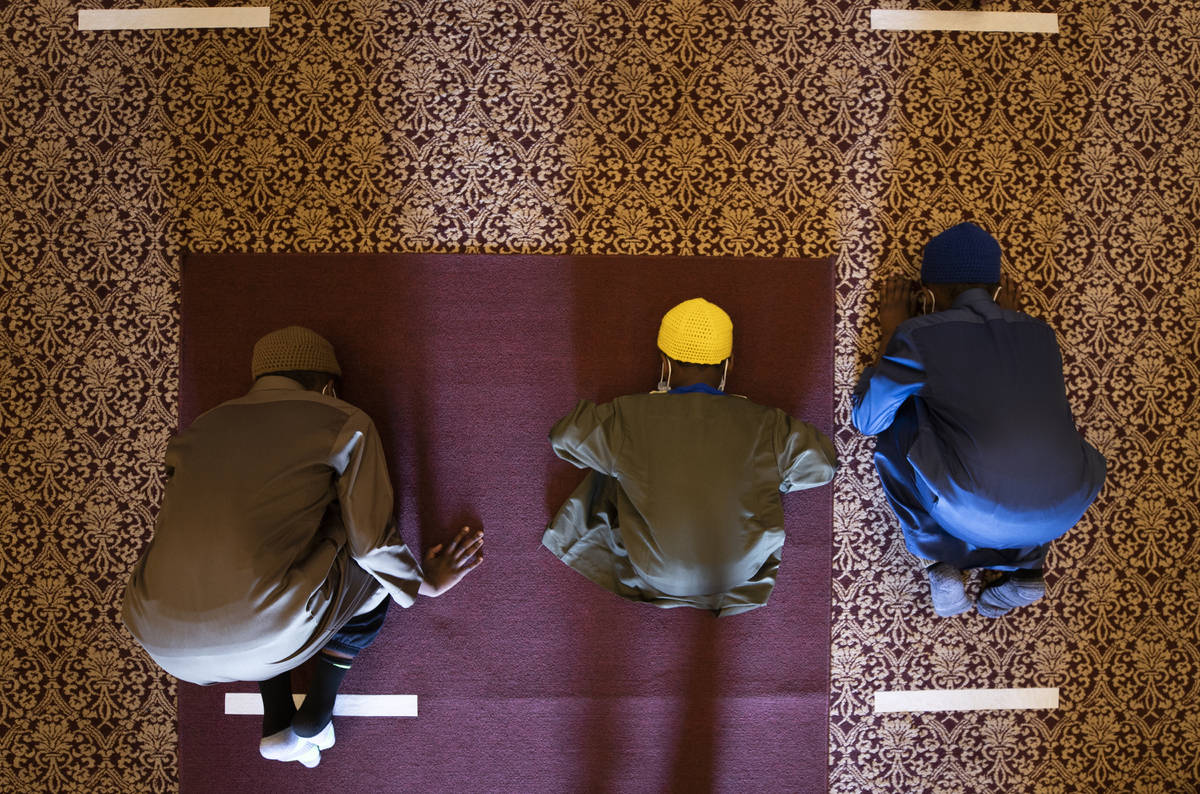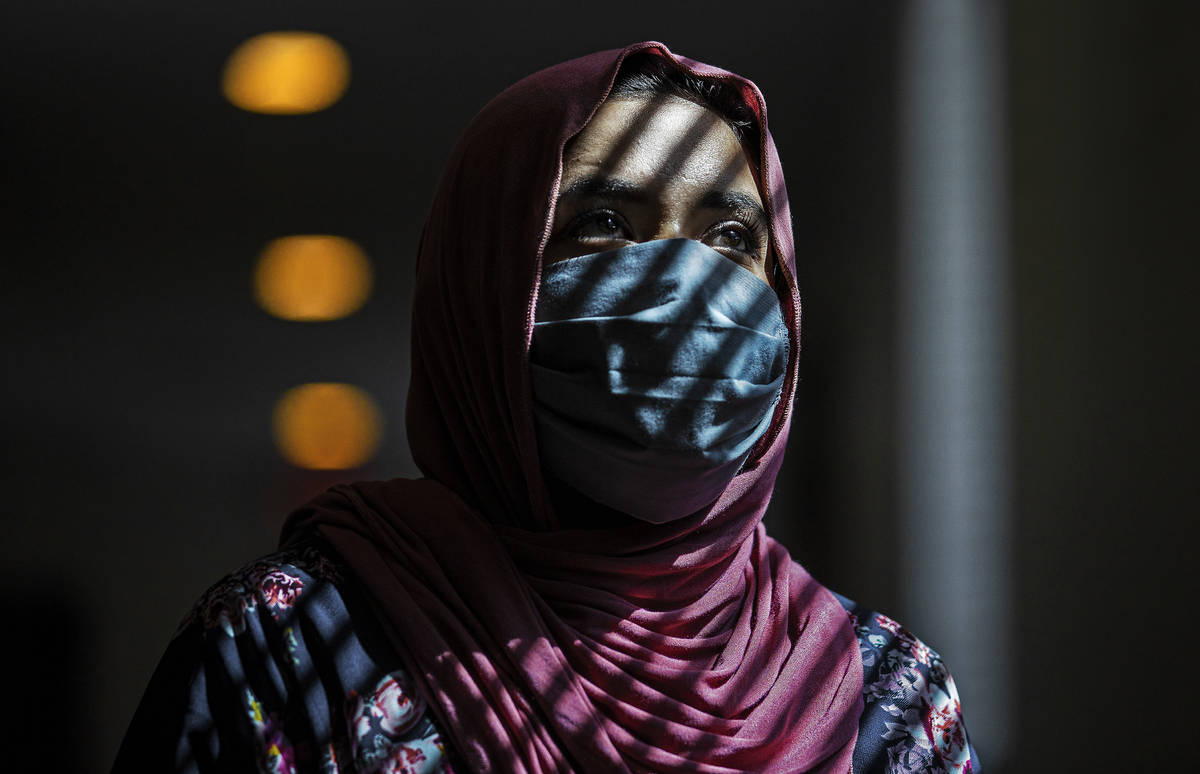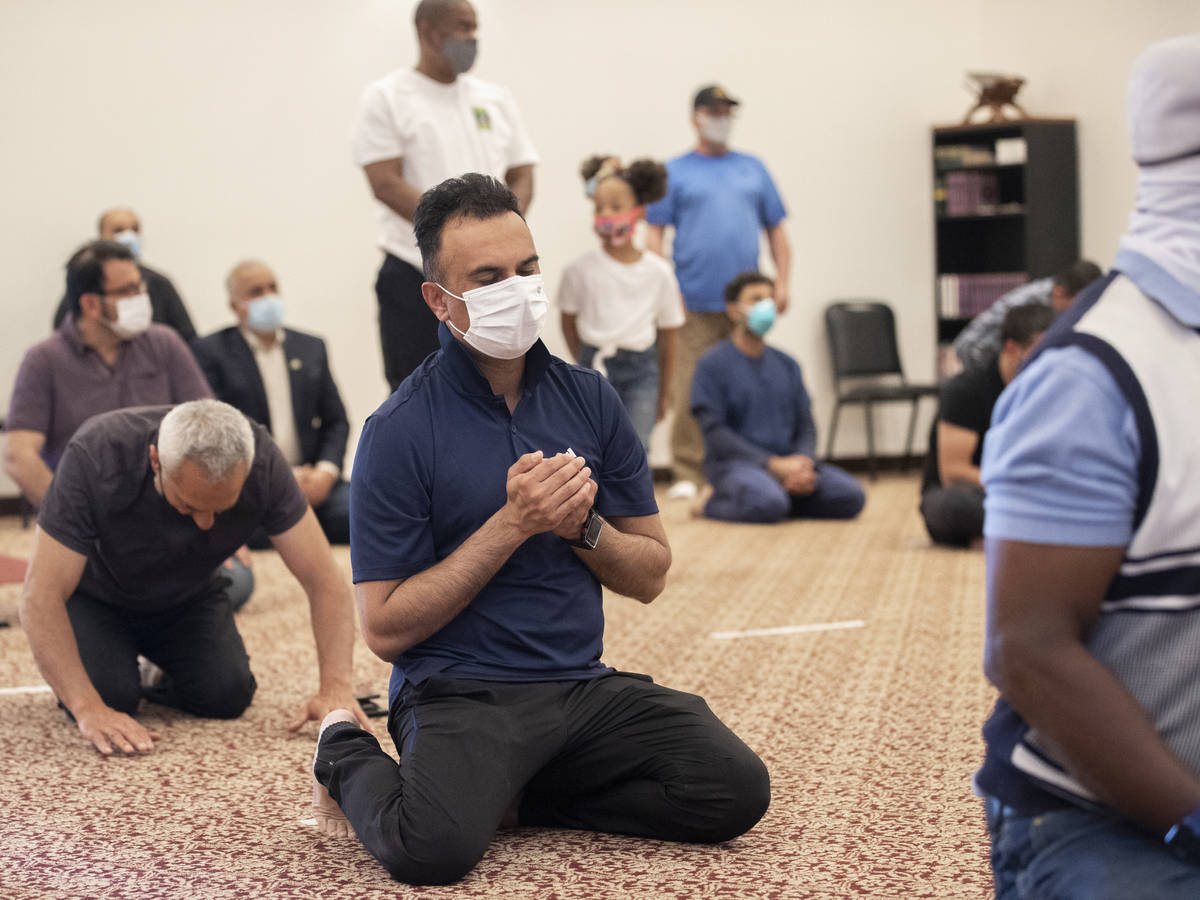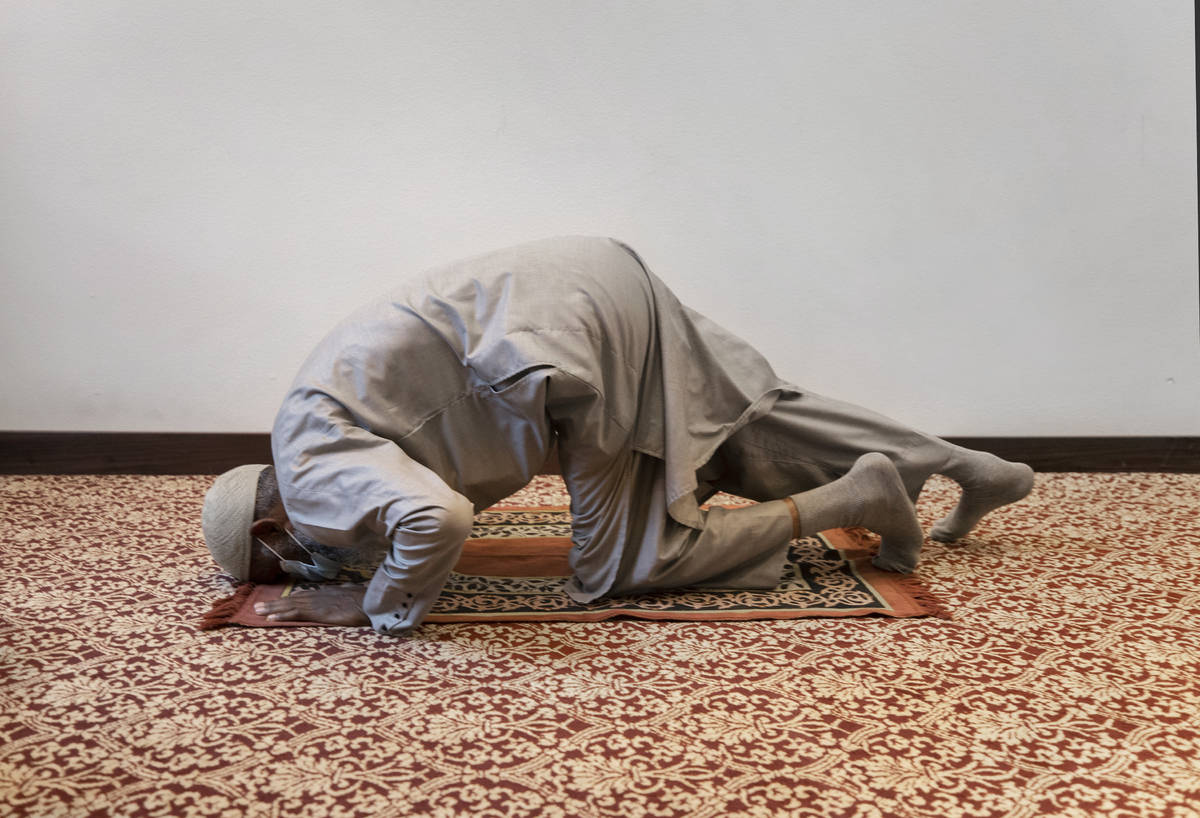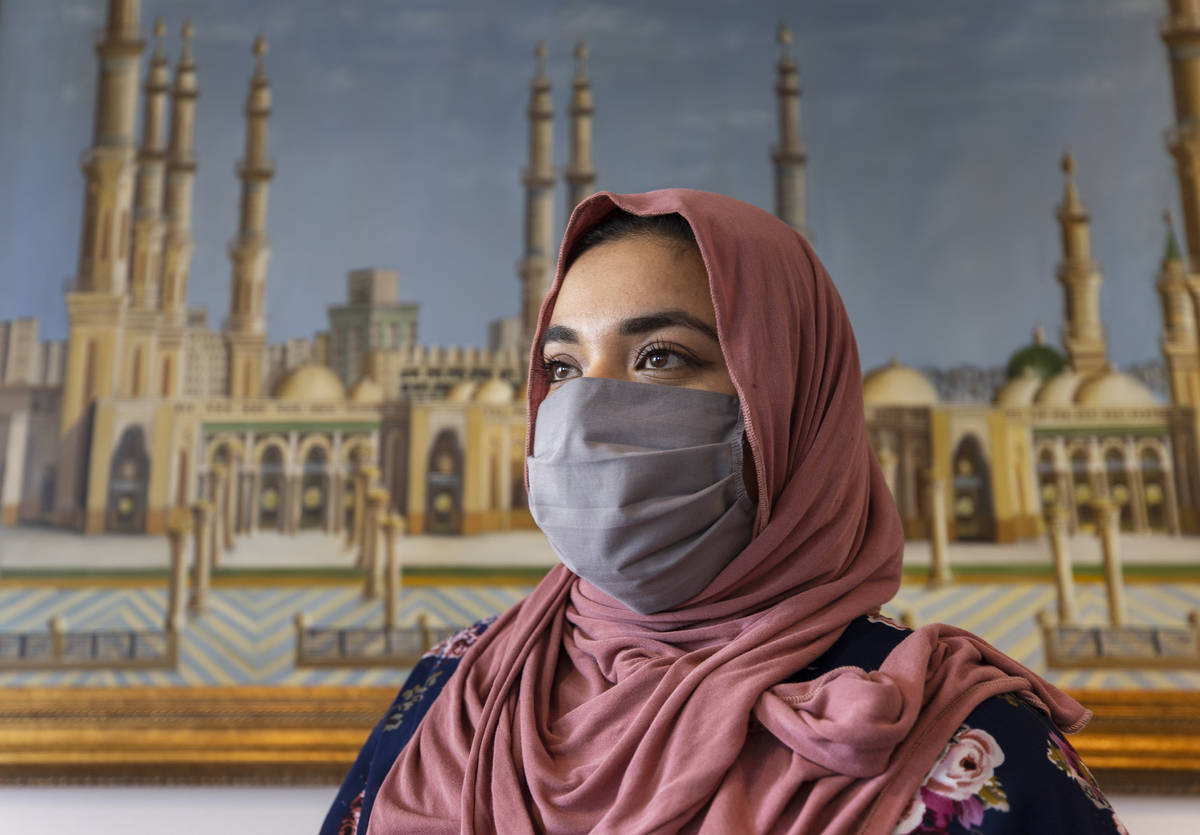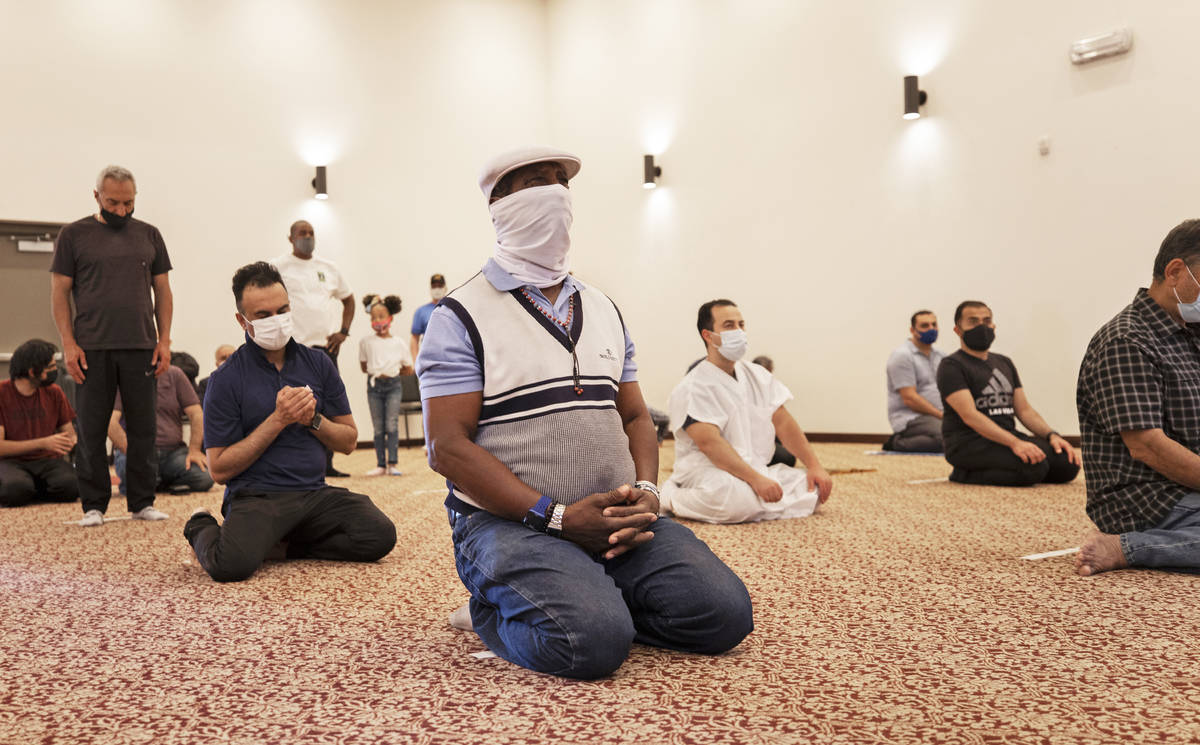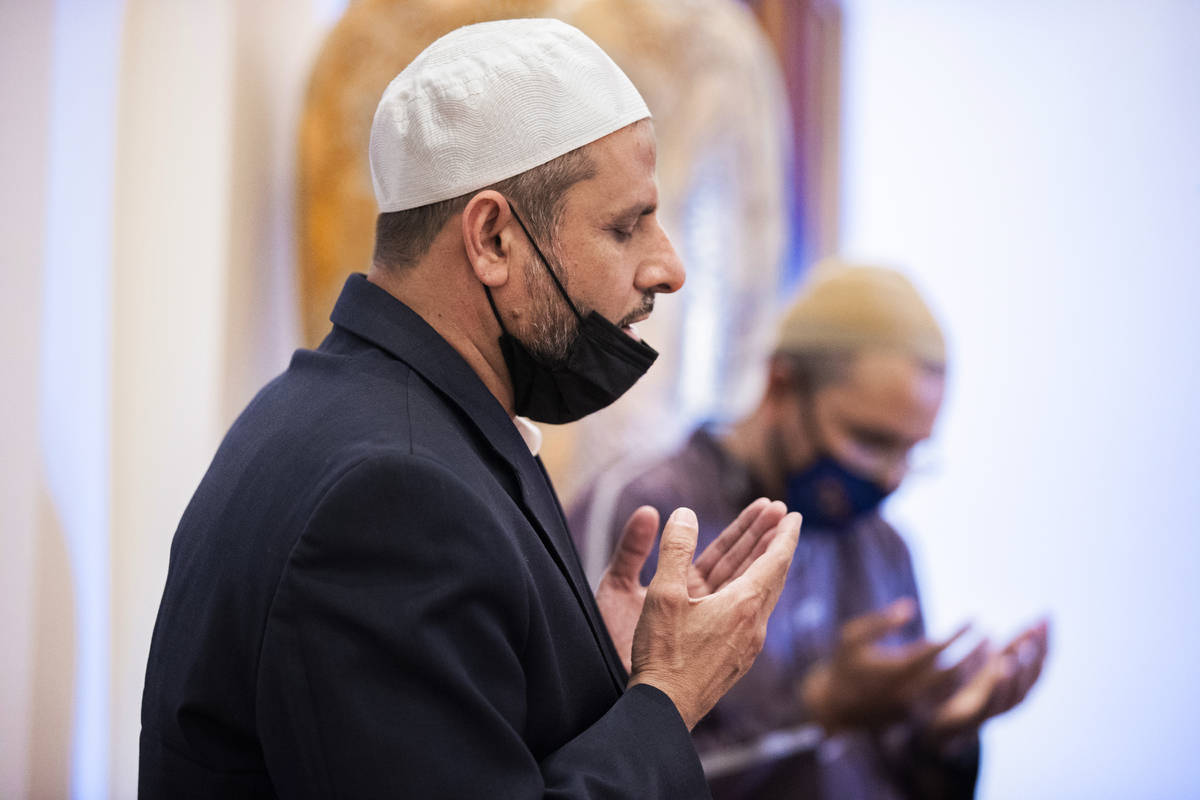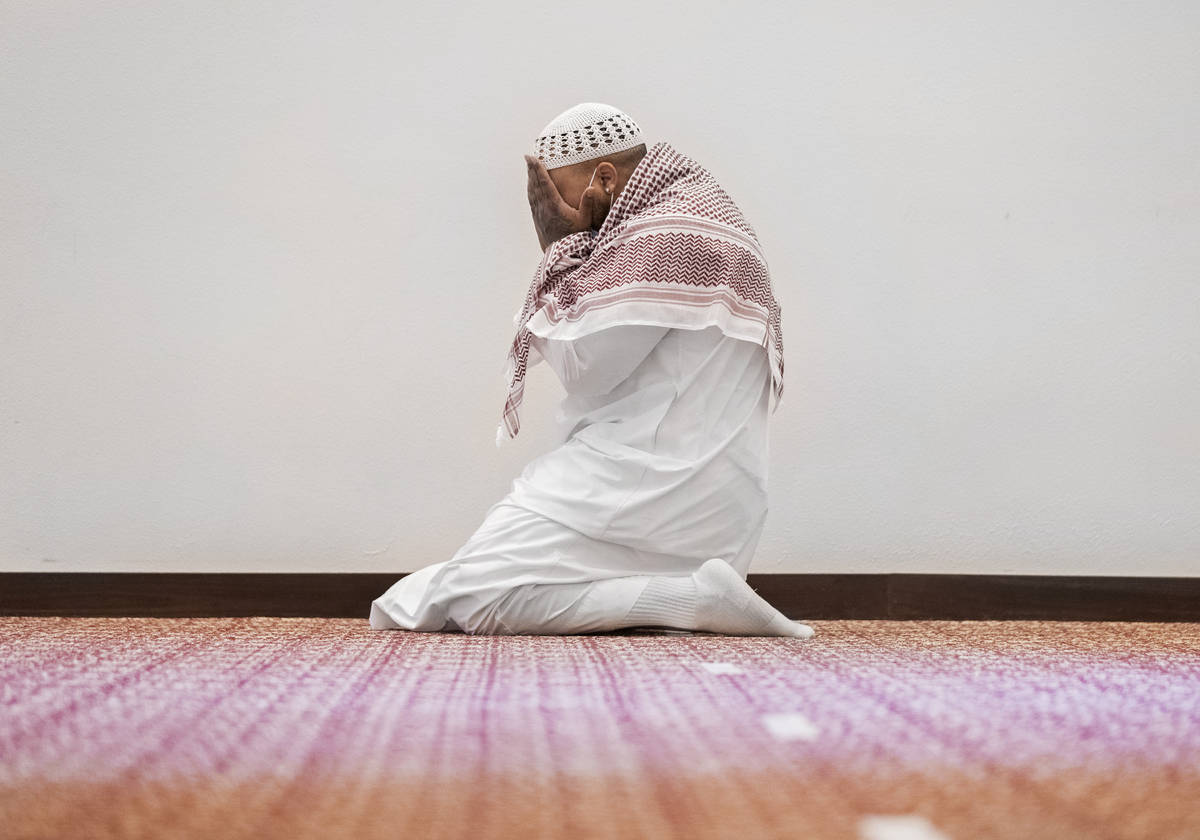Ramadan returns to a better, but not yet pre-pandemic, environment
Last year, the COVID pandemic curtailed some of the traditional ways Ramadan is observed. And when public gathering limits prevented joining with others for a community iftar — the evening meal that breaks the day’s fast — Rokai Yusufzai was surprised to discover one small blessing arising out of a pandemic that has been a blessing to no one.
Often, his family wouldn’t be able to share iftar because of job, school and other obligations. But, with family members working from home and no public gatherings in 2019, Ramadan last year was “the first year that all of my family members … were able to eat iftar dinner for the entire month together” said Yusufzai, community affairs liaison for Masjid Ibrahim.
But in general, Ramadan last year required putting traditions on hold, so when Muslims begin their observance today, they’re likely to see at least some traditional Ramadan practices return.
Ramadan is the ninth month of the Islamic calender during which Muslims believe the Quran was revealed to the prophet Muhammad. It’s a time of spiritual renewal, when Muslims fast from sunrise to sunset, recite the entire Quran and abstain from negative behaviors.
Observance of Ramadan also includes gathering with others for the fast-breaking meal, public prayer and performing acts of charity. However, the pandemic forced the suspension of Ramadan’s more community-oriented practices.
“Last year, everybody was totally displaced and confused,” said Fateen Seifullah, imam of Masjid As-Sabur. Mosques were closed, public prayer turned into private prayer, and “that social component was denied.”
While public prayer is returning to Masjid Ibrahim this year, community iftar meals are not. Still, “it’s much better than last year,” said Sharaf Haseebullah, founder of Masjid Ibrahim.
“Last year, nobody knew what was going on. I think everybody is relieved now. We know what (COVID) is and (have a) vaccine.”
Seifullah said Masjid As-Sabur will host public prayer this Ramadan, although social distancing will remain in effect and community iftar gatherings aren’t planned.
“Overall, people have started to come back. People are in search of something,” Seifullah said. “We’re not packing rooms, but there are people there.”
But COVID or not, the lessons Ramadan teaches never left. For example, Haseebullah said, ”fasting is good exercise and a good test. It gives you confidence you can do positive things. It gives you so much strength that you can control thirst and hunger.”
Fasting “is designed to aid each individual in drawing closer to God” and helps to create empathy with those less fortunate than ourselves, Seifullah said. Ramadan fasting, he added, also extends beyond avoiding food and water into avoiding negative thoughts and harsh words.
Meanwhile, the pandemic has taught a few lessons of its own, Seifullah said. More than a half-million people in the United States have died from COVID, and “this pandemic reinforced what we all know intellectually but it has hit home deeper: that life is fragile, that we’re running out of time and we have to make use of it.”
The pandemic also has, albeit in a terrible fashion, prompted “an awakening,” Seifullah said. “People realized there is something bigger and greater and more important than the things we were pursuing pre-pandemic.”
Ramadan this year is “not going to be like pre-pandemic,” Haseebullah said. “But it’s going to be so much better than last year.
“Next year I hope we’re going to come back full strength.”
Contact John Przybys at jprzybys@reviewjournal.com. Follow @JJPrzybys on Twitter.



